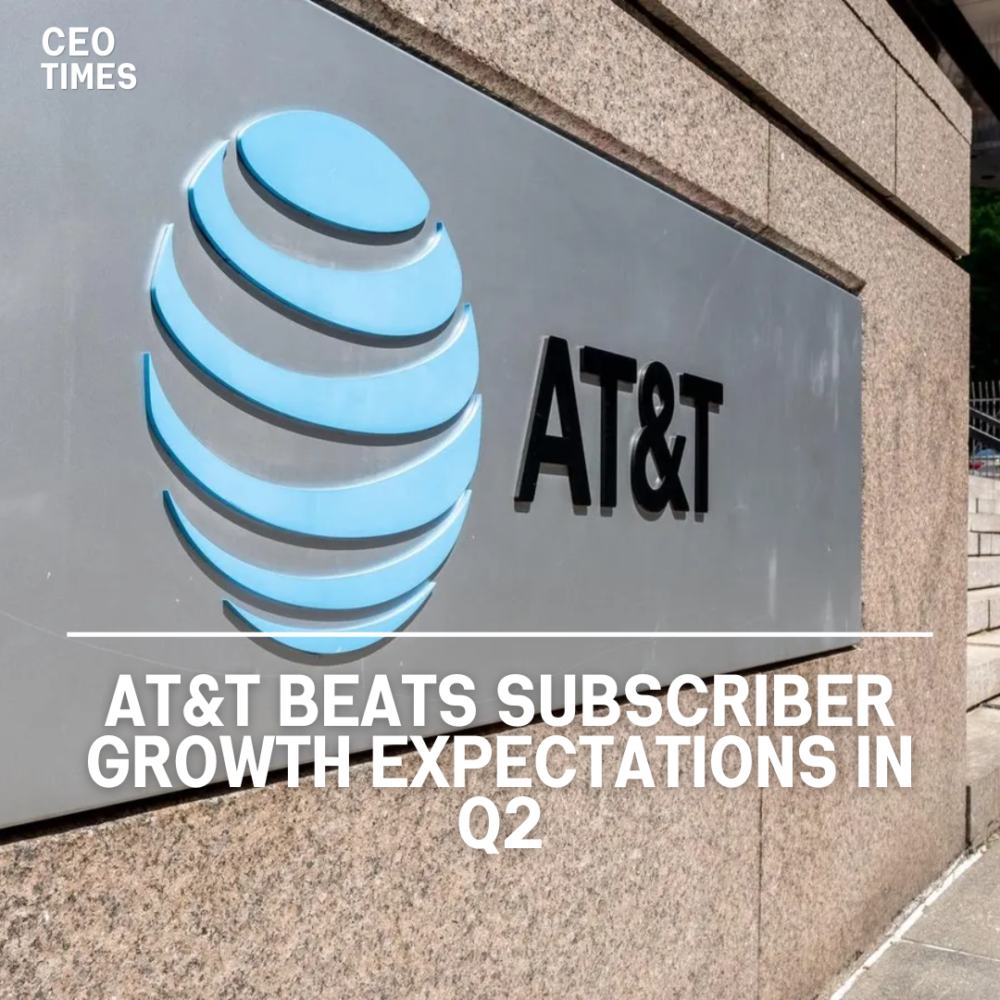Visa, the world’s largest payments processor, reported third-quarter revenue growth that dropped short of Wall Street expectations, a rare occurrence for the company.
The shortfall was attributed to the impact of high borrowing costs on consumer spending, particularly among lower-income Americans. As a result, Visa’s shares dropped 4.6% in extended trading.
Economic Context and Consumer Spending:
The U.S. Federal Reserve’s efforts to combat inflation have led to interest rates reaching their highest levels since the 2008 global financial crisis. This has strained the budgets of lower-income consumers, who are more sensitive to changes in borrowing costs and tend to live paycheck to paycheck. Visa’s Chief Financial Officer, Chris Suh, noted that while spending growth remained stable among high-spending consumers, spending declined slightly among lower-spending segments.
This trend is not unique to Visa; rival credit card company American Express also missed revenue expectations in the second quarter. Michael Ashley Schulman, Chief Investment Officer at Running Point Capital Advisors, remarked that Visa had performed exceptionally well earlier in the year but faced challenges due to rising unemployment, payment and loan delinquencies, and concerns over consumer disposable income. Schulman suggested that there is potential for growth in business and consumer spending if the Federal Reserve lowers interest rates.
Regional Performance and Future Outlook:
Visa’s quarterly net revenue of $8.90 billion slightly missed analysts’ estimates of $8.92 billion, marking the company’s first such miss since early 2020.
Macroeconomic conditions affected the company’s performance in the Asia-Pacific market, particularly in mainland China, resulting in a slower-than-expected recovery in post-pandemic travel demand.
Despite these challenges, Visa’s payments volume increased by 7% on a constant dollar basis for the quarter, with cross-border volumes (excluding intra-European transactions) rising by 14%, indicating strong international travel demand. The company forecasts low double-digit percentage growth in net revenue for the fourth quarter, ending September 30, compared to the 10.6% growth reported last year. Visa also reaffirmed its annual profit and revenue growth forecasts.
The company reported adjusted third-quarter earnings of $2.42 per share, which aligns with market expectations.




















